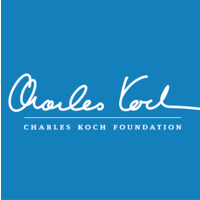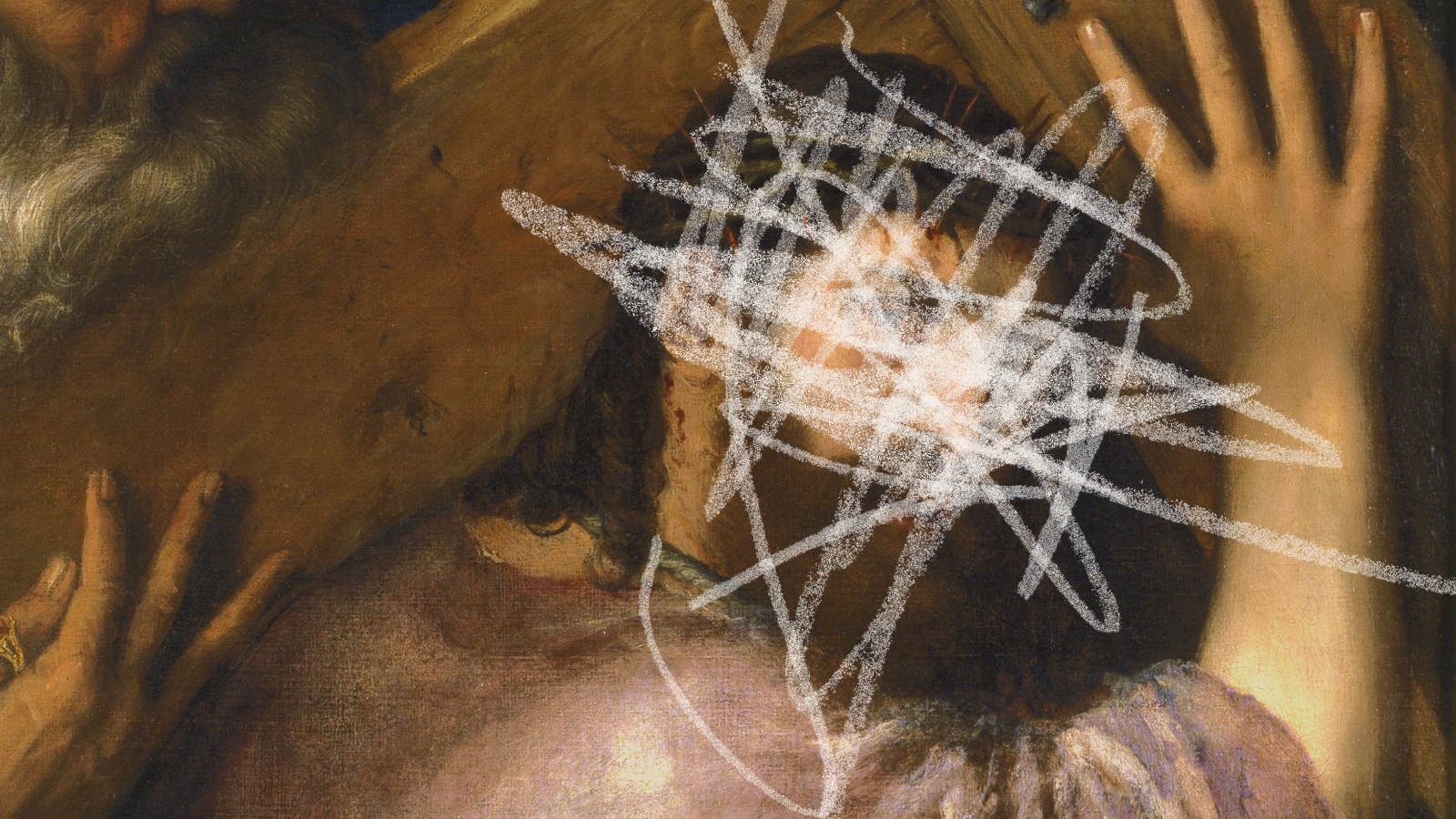EBOO PATEL: When I go to college campuses, one of the ways I like to open my talk is I say, when the Mayflower Pilgrims landed on the eastern seaboard and they approached Plymouth Rock, they dusted it off, they saw etched on the stone the words, "Judeo-Christian nation." And there'll be a long pause, and all these 19-year-olds who did really well on their standardized tests will like look up at me, like, "Wow." And then I'll slowly start shaking my head. And you can hear the ripple of, like, kind of a chuckle in the room. It raises the question, if that's not how we started to think of ourselves as a Judeo-Christian nation, how did it happen? Did Thomas Jefferson write it in the Declaration of Independence? Did God give it to Moses on Sinai? How did this notion emerge? Well, the story of that is actually an even better story than the little Plymouth Rock fable that I told.
In the 1920s, at a time that feels a lot like our era now, massive economic and social shifts, agrarian society to an industrial society, the country to the city, profound social and economic polarization, technological leaps, et cetera, et cetera, you had the rise of really ugly racist movements and xenophobic movements, mostly in the form of the KKK. And not only was the KKK anti-black, it was anti-Semitic and anti-Catholic. And in 1928, the first Catholic to run on a major party presidential ticket appears, a man named Al Smith who was the Governor of New York at the time, and the KKK torpedoes his candidacy, largely with anti-Catholic weapons. And a group of great Americans emerged out of that and say "We can't have this.
With the growing Catholic and Jewish populations in the United States we can't be a nation that excludes their contributions; that's crazy." They build an organization called the NCCJ, and they start doing a set of civic projects across the country, tri-faith dialogues, minister, priest, rabbi, going to different campuses and different cities and to different military bases around the world, the era of World War II, to talk about the importance of what they called The Brotherhood of Man Under the Fatherhood of God. And as a part of this, they decide a new narrative is important for a country that long thought of itself as a Protestant nation and so they invent a word. And the word is Judeo-Christian. It's an invention. It's not theologically accurate. Jesus is a central player in Christianity, he's maybe a good rabbi in Judaism: discuss, right? It's not historically accurate, it's not like Jews faired especially well in Christian majority societies for much of history. What it is is a genius civic invention. It is a term that helped us welcome the contributions of Jews and Catholics.
It did really good work for 70/80 years. We now live in a nation with several million Muslims and Buddhists and Hindus, growing groups of secular humanists, atheist, agnostics; we're a long way away from Jews and Catholics being the new minorities. What comes next? What's the next chapter in the great story of American interfaith cooperation? I think its called "Interfaith Nation." I think it centers the idea of America not as a melting pot, but as a potluck that welcomes the contributions of all communities, our Muslims, our Bahais, our Jains, our Sikhs, our Jews, our Atheists, our Zoroastrians our Evangelicals. The only way the nation feasts is if every community contributes.
Eboo Patel is the founder and president of Interfaith Youth Core (IFYC), a national nonprofit working to make interfaith cooperation a social norm. He is the author of the books[…]
At one point, America needed to be called a Judeo-Christian nation. Now, with growing populations of Muslims, Evangelicals, Sikhs, Atheists, and other faiths, what should America call itself next?
▸
5 min
—
with
Sign up for Big Think on Substack
The most surprising and impactful new stories delivered to your inbox every week, for free.
▸
6 min
—
with
Related
A new book by constitutional attorney Andrew Seidel takes on Christian nationalism.
As religious diversity increases in the United States, we must learn to channel religious identity into interfaith cooperation.
▸
5 min
—
with
How we handle grief largely depends on our worldview. Here is how three famous philosophers handled the certainty of grief and despair.
An atheist’s case for why American democracy needs a more Christlike Christianity.
The Gospels aren’t historical biographies but genre-defining works that blend myth, theology, and a promise of hope.







